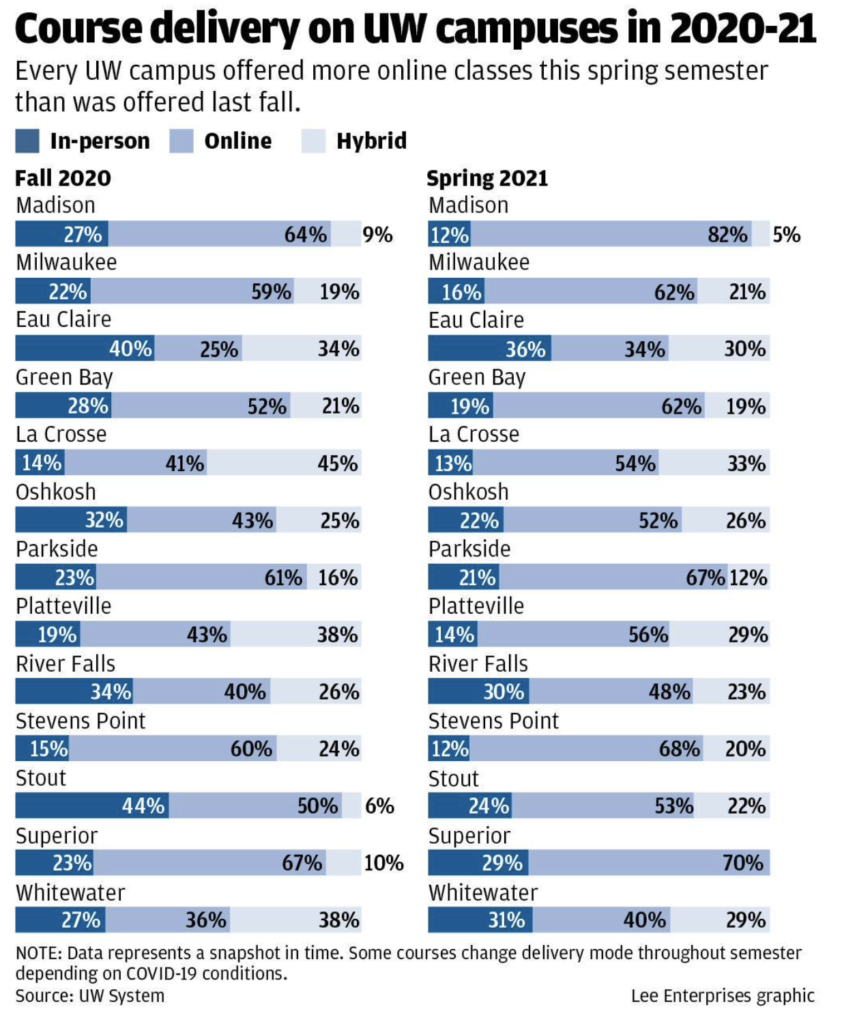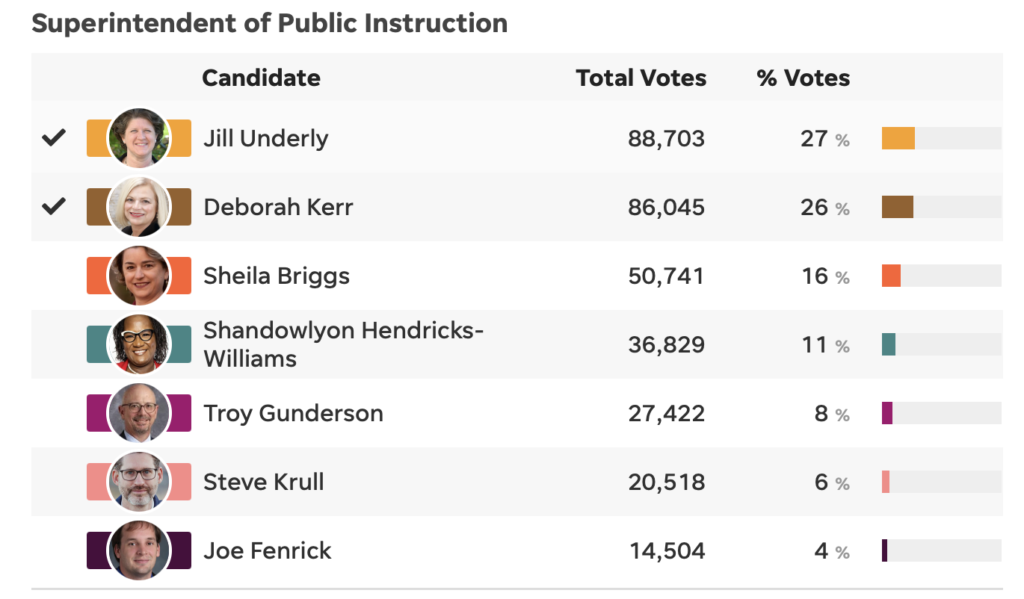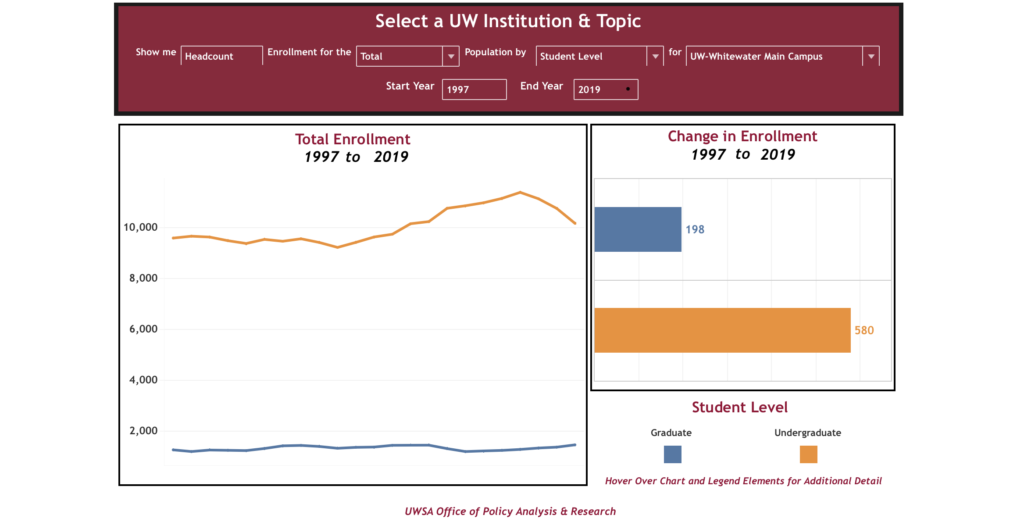Saturday in Whitewater will be mostly sunny with a high of 24. Sunrise is 6:42 AM and sunset 5:34 PM, for 10h 51m 29s of daytime. The moon is a waxing gibbous with 57.4% of its visible disk illuminated.
On this day in 1950, in a six-hour speech delivered before the U.S. Senate, Wisconsin Senator Joseph McCarthy claimed he had the names of 81 U.S. government officials actively engaged in Communist activities, including “one of our foreign ministers.”
Recommended for reading in full —
Sophie Carson reports 5% of Wisconsin residents fully vaccinated against COVID-19:
More than 300,000 Wisconsin residents have received both doses of the COVID-19 vaccine, state data shows.
That’s about 5.4% of the population.
The number of fully vaccinated residents has jumped by 100,000 in just the last week.
Since second doses are scheduled three to four weeks after first doses, depending on the vaccine, the sudden bump is expected. It comes about three weeks after Wisconsin opened vaccine eligibility to anyone 65 and older and vaccinations increased statewide.
Thursday was the first day that vaccine providers administered more second doses than first doses, said Julie Willems Van Dijk, state Department of Health Services deputy secretary.
Adam Rogan reports Schools Superintendent candidate Deborah Kerr’s campaign manager and legal counsel quit:
A campaign manager who has continually worked for Democrats and an attorney who has worked often worked with Gov. Tony Evers have both quit Deborah Kerr’s campaign for state superintendent.
The campaign manager, Brandon Savage, said in an email that he resigned Thursday.
“Based on the state of the race, my expertise would not be of any benefit for her moving forward. The campaign will require a different strategy — one that I cannot provide,” wrote Savage, who describes himself as a Democratic strategist. “I’m very pleased with having gotten the campaign to the point of winning the primary election in a seven-way race. But moving forward there will be a different team focused on April.”
Michael Maistelman, who was acting as legal counsel for Kerr, quit Friday. Maistelman has represented Gov. Tony Evers in a number of different roles since 2009.
Kerr, a Caledonia resident who previously was the Brown Deer School District’s superintendent, says she is a Democrat who voted for Joe Biden, although she is backed by Republicans including former Gov. Scott Walker.
Tobi Thomas reports Dolphins have similar personality traits to humans, study finds:
Dolphins have developed a number of similar personality traits to humans, despite having evolved in vastly different environments, researchers have found.
A study, published in the Journal of Comparative Psychology, looked at 134 male and female bottlenose dolphins from eight facilities across the world, with each dolphin’s personality being assessed by staff at the facilities. The results of the study found a convergence of certain personality traits, especially curiosity and sociability.
The study has aided researchers in understanding how certain human personality traits developed independently of immediate environments. These similarities were found despite dolphins having evolved in a completely different environment from primates, with the last common ancestor living about 95m years ago.
Dr Blake Morton, a psychology lecturer at the University of Hull and the lead author of the study, said this research was the first time the personality of dolphins had been studied in this way.
Morton said: “Dolphins were a great animal for this kind of study because, like primates, dolphins are intelligent and social. We reasoned that if factors such as intelligence and gregariousness contribute to personality, then dolphins should have similar personality traits to primates.”
He said: “Dolphins, like many primates, have brains that are considerably larger than what their bodies require for basic bodily functions; this excess of brain matter essentially powers their ability to be intelligent, and intelligent species are often very curious.”





